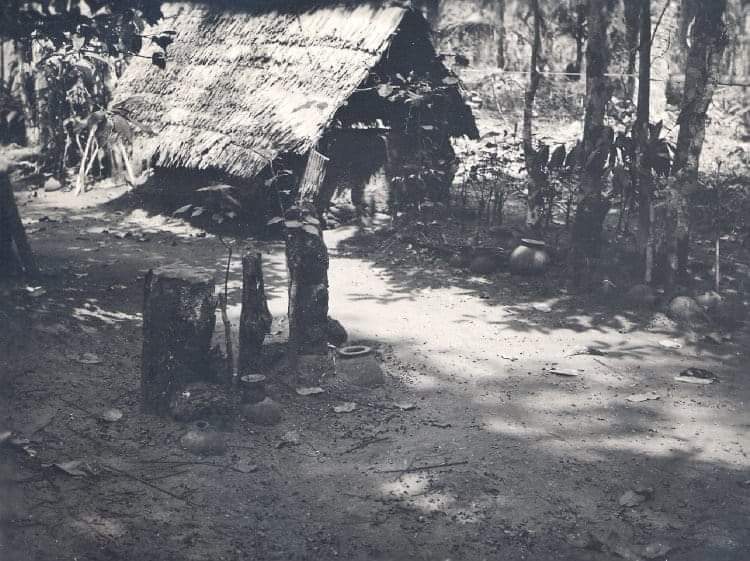The concept of Chineke, a term widely recognized among the Igbo people, has often been misunderstood due to the complexities of the Igbo language. Missionaries once misinterpreted the term, suggesting it meant “Chi na-eke,” or “the God that creates.” However, this interpretation is far from accurate.
In its true form, Chineke is derived from the phrase “Chi na Eke,” which originated between the Owerri and Mbaise regions. This phrase embodies the Igbo philosophical understanding of the nature and personhood of the Supreme God, portraying a dualistic concept—two entities in one divine being. An elder from Owerri, interviewed by Cole in the 1950s, aptly described it: “Eke proceeded from Chi, but they are both one.”
In this understanding, Chi is the divine thought, responsible for forming the world, while Eke is the divine action, creating the world and distributing its resources among all creations. This duality is central to the Igbo worldview, representing both the guidance of Chi and the blessings of Eke.
This belief system is vividly reflected in the daily religious practices of the people from Owerri, Ngor, and Mbaise. Each man maintained a personal shrine within his compound, where two earthen pots, known as “ihu Chi na Eke,” were placed at the base of an “oha” tree stump. One pot represented Chi, the guardian spirit unique to each person, while the other represented Eke, the force that bestows gifts and success.
Understanding the origin and true meaning of Chineke reveals a profound spiritual tradition, deeply rooted in the Igbo identity.











